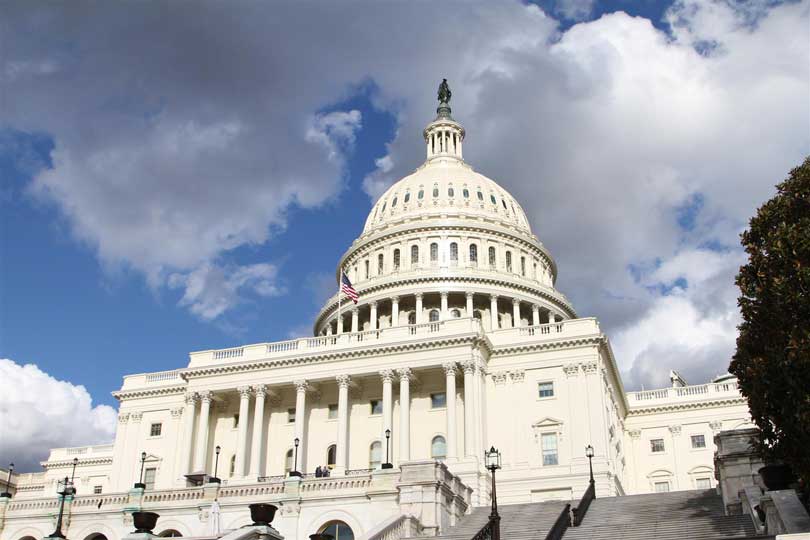By Jessica Domel
Multimedia Reporter
The nation could have a new farm bill before Christmas.
The U.S. Senate approved the 2018 Farm Bill in an 87-13 vote Tuesday afternoon–one day after farm bill conference committee members signed the farm bill conference report.
“The 2018 Farm Bill is our opportunity to make the American food and agriculture systems work more efficiently. I’m pleased to say we have done just that in this conference report,” Sen. Pat Roberts, chair of the Senate Committee on Agriculture, Nutrition and Forestry, said.
Both members of the Texas delegation, U.S. Senators John Cornyn and Ted Cruz, voted in favor of the bill.
The U.S. House of Representatives is expected to take a final vote on the farm bill this week, as well.
“America’s farmers and ranchers are weathering the fifth year of severe recession, so passing a farm bill this week that strengthens the farm safety net is vitally important,” Congressman Mike Conaway of Texas, chair of the House Committee on Agriculture, said.
Texas Farm Bureau, the state’s largest farm and ranch organization, applauded the swift movement of the farm, nutrition and conservation legislation.
“Although we call it the ‘farm bill,’ the legislation does much more than provide a vital safety net for the nation’s farmers and ranchers,” TFB President Russell Boening said. “It ensures a safe, affordable food supply for consumers and valuable conservation and research funding among other things. We greatly appreciate all the long hours and hard work that went into crafting this bill for American families, and we support its passage.”
According to the farm bill conference committee, the farm bill includes key wins for American farmers and ranchers, rural communities and consumers within a budget-neutral framework.
“The 2018 Farm Bill is a good bill for our farmers and everyone who eats. Working together, we continued to expand the diversity of our agricultural economy, maintained a strong food and farm safety net, created new opportunities in our small towns and rural communities and made significant investments in land and water conservation,” Sen. Debbie Stabenow, ranking member of the Senate ag committee, said.
The farm bill conference report will provide a nationwide yield update for Price Loss Coverage (PLC) beginning with the 2020 crop year and will allow PLC to better respond to market conditions.
It also makes improvements to the Title 1 Agriculture Risk Coverage (ARC) program by allowing yield trend adjustments.
Under the new bill, farmers will be able to select, year-by-year and farm-by-farm whether they’d like ARC or PLC safety net coverage beginning in 2021.
“This bill is a strong start to addressing the issues our producers are facing right now, particularly our dairy farmers,” Congressman Collin Peterson, House Agriculture Committee ranking member, said. “The bill’s new provisions will offer more flexible coverage for lower cost when dairy farmers need it most and provide producers more tools to manage their risk.”
The bill includes $300 million in the prevention and response for animal pests and disease.
“More broadly, the bill invests in research, outreach to beginning and underserved producers, local and organic food production, bioenergy, and access to new markets,” Peterson said. “It also addresses broadband, farm stress and mental health issues and the opioid epidemic in rural areas.”
Shortly after the committee released the conference report Monday, U.S. Secretary of Agriculture Sonny Perdue said he will encourage the president to sign the farm bill if it passes Congress.
“This legislation maintains a strong safety net for the farm economy, invests in critical agricultural research and will promote agriculture exports through robust trade programs,” Perdue said.
The conference report is available here.
The 2014 Farm Bill expired Sept. 30, but many programs remain funded through the end of the crop year or the end of the calendar year.

